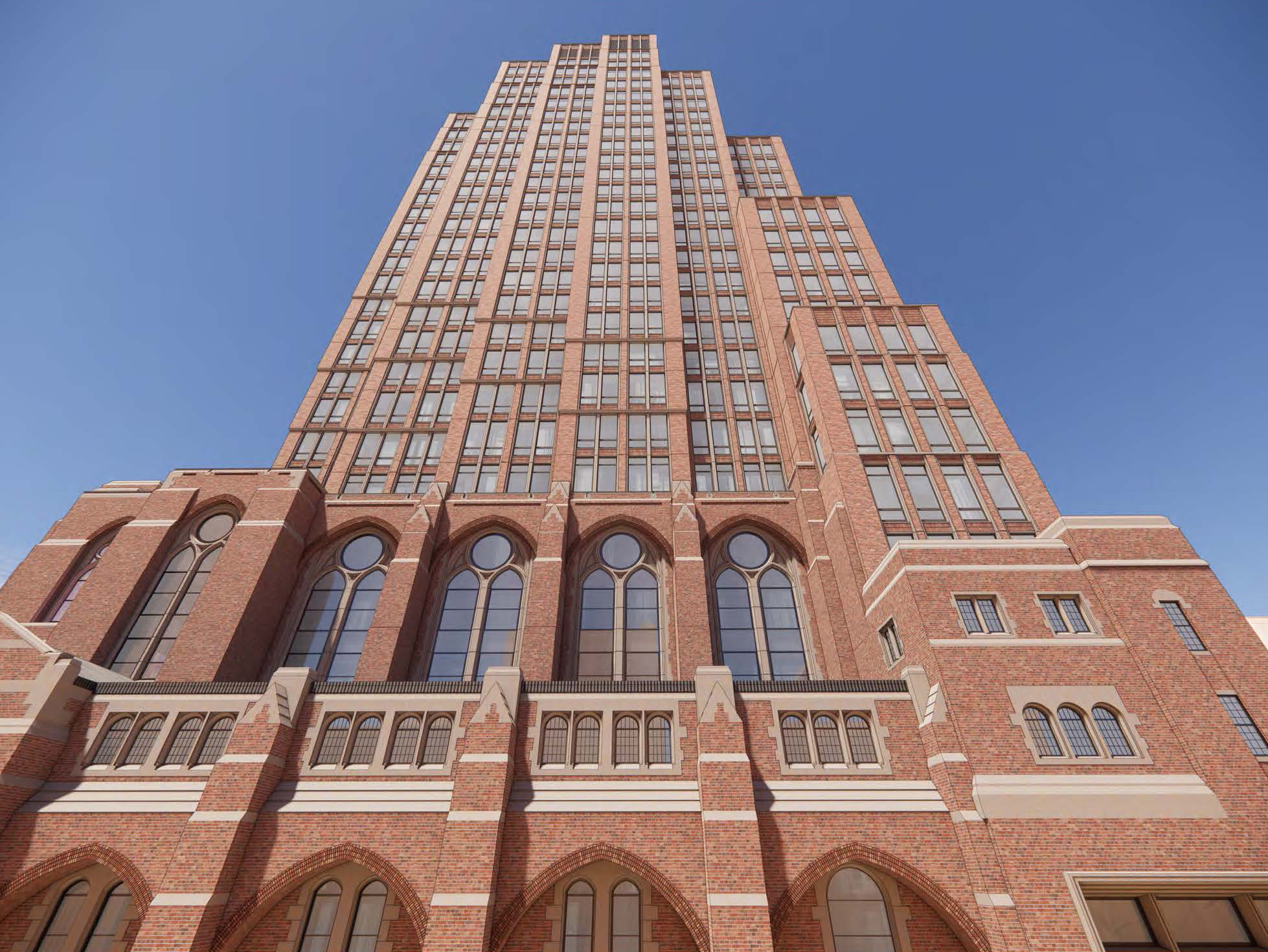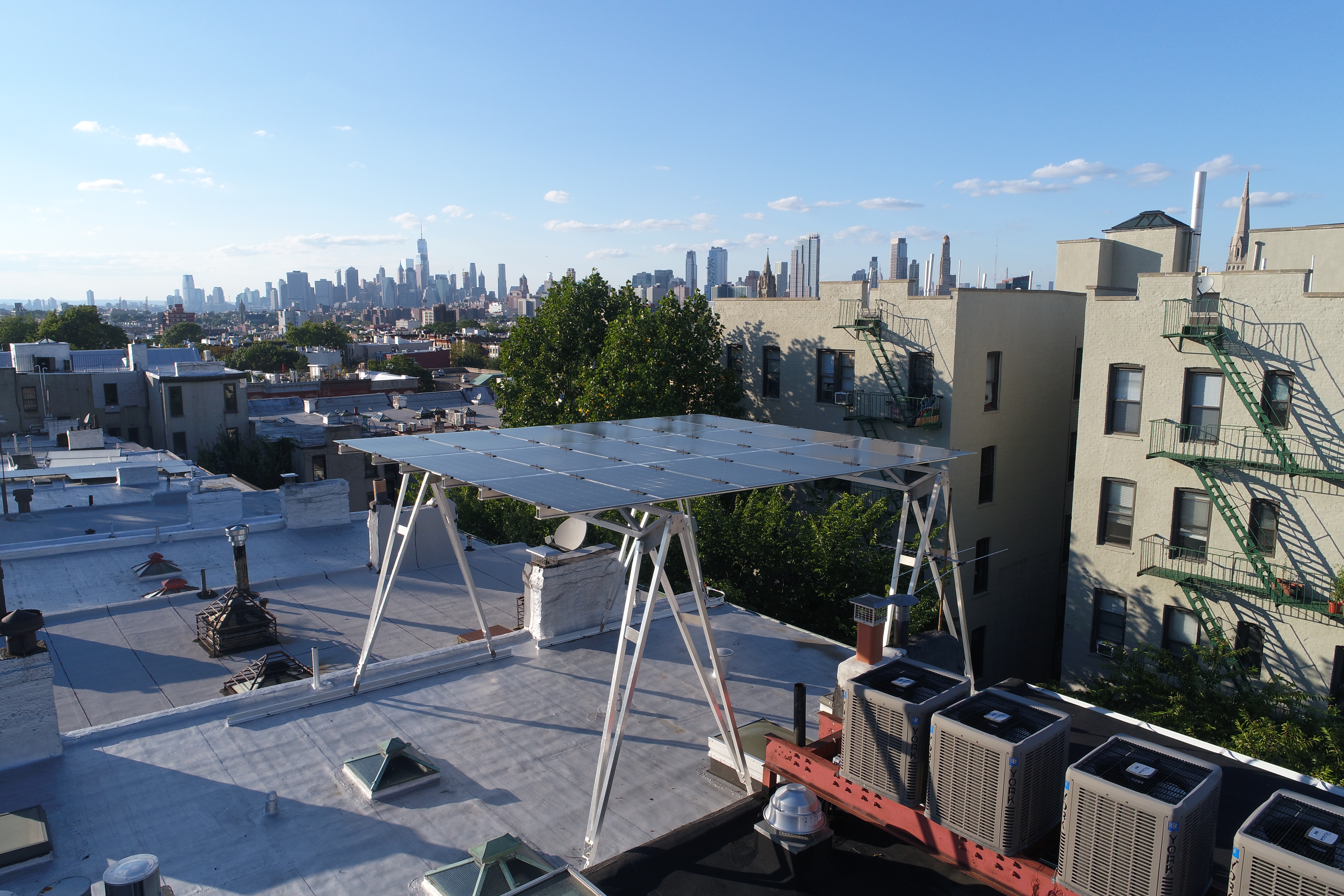George Bush Wants My Family to be Homeless
We have to admit we’ve been trying our best to block out the news over recent weeks of President Bush’s proposal to do away with the home mortgage deduction–we get a pit in our stomach whenever we think about it. Like many recent purchasers of homes in hot coastal markets (which, by no coincidence are…
We have to admit we’ve been trying our best to block out the news over recent weeks of President Bush’s proposal to do away with the home mortgage deduction–we get a pit in our stomach whenever we think about it. Like many recent purchasers of homes in hot coastal markets (which, by no coincidence are teeming with Liberals), elimination of this tax break would have a fairly drastic effect on our ability to stay in our home.
The pundits are talking about how such a change would bring home values down by 10-20%, but we think they are only taking into consideration the change in demand; in markets like New York, where many people have stretched over recent years to buy a home, the result could be much more dramatic on the supply side, as thousands of families could find themselves in the position of being forced sellers. The definitions of “rich” used to set the minimum hurdle rates for the small deductible portion of a mortgage that would remain are woefully out-of-whack with reality in cities like New York where most people spending $1 million on a home are far from wealthy. The larger impact on the economy–from a decline in real estate tax revenue to population decline–could be devastating under that scenario.
Let’s say someone earning $180,000 a year ($15,000 a month pre-tax, maybe $9,000 a month after) purchased a house at some point in the last few years for $1,250,000, putting down $250,000 and taking a $1 million mortgage. Let’s also say she’d gotten a 6%, 30-year mortgage, making her monthly payment roughly $6,000. For the sake of simplicity, let’s say taxes and maintenance, etc., add up to another $1,000.) Under current rules, her after-tax housing expense would be more like $5,000 than $7,000; the proportions get even more extreme if she has some rental income–maybe $3,500 versus $5,500. The difference in what’s left over to pay for groceries, utilities, tuitions, etc. is $5,500 versus $3,500–huge when you’re talking about a family of 4 or 5.
Now, we don’t think there’s any defensible intellectual reason that home ownership should enjoy the privileged status it does in our tax code, but to change the rules of the game at this point when millions of people have made the largest financial decision of their lives based on one set of ground rules would be a bait-and-switch of monster proportions. Some experts say the chances of these changes getting through are low, but, in the meantime, we’re going to have to go back to living in denial. The alternative is too much of a downer.
Goodbye, My Sweet Deduction [NY Times]





Brownstoner, I am fairly certain that I read somewhere that current owners would be grandfathered – I believe it was for the mortgage interest deduction. I’m not certain it would include other deductions but I am sure that there are articles out there explaining it better than I can – if I find the one I read I will post it.
My point is that everyone’s problems and worries are relative to their circumstances…Whether you live in a $200,000 house a $1 million house or a $10 million house, if the government makes a policy change that would make you have to move out of your home, that’s pretty darn drastic. At what income level does someone become a sympathetic case? $80,000? $40,000? Does it matter how large your family is?
It will be phased out over 5 years according to the recommendations. Remember that’s all they are at the moment, recommendations. There will be a credit of 15% of your mortgage interest. however, this will only be for interest paid on mortgage debt up to the cost of regional housing. so in NY’s case, probably around $400k. Also top tax rates will be reduced to 33% and tha AMT will be eliminated. So you have to factor in all the changes(including elimination of deduction for state and local taxes). But, this will have a tough time getting passed in its present state and might be years, if ever, that this becomes law.
It’s too bad the homeless and the folks in Darfur don’t have so much Internet access, because I’m sure they’d find the analogy very amusing.
Are you sure existing home owners would be grandfathered? That would certainly lighten the blow…
Okay, but be careful how far you extend your relativism–after all, people living in homeless shelters have it so much better than those folks in Darfur.
But it wouldn’t affect you – those who already own homes would get to keep their deductions. It would only affect future purchasers.
Maybe it would be more sane for prices to drop anyway – does it seem to you that paying 5-7K for housing expenses is right on that salary? Someone making that much should not be able to afford a 1.2 million dollar home. I think we here in NYC have gotten a very skewed perspective over the past few years and have lost ourselves a little bit in this housing craze – we spend so much of our money on housing, do we have any left for anything else? Savings? College $ for kids? Enjoyment? Maybe it’s just me, but I think there’s more to life than living it house poor.
These are recommendations from a panel and at least not yet proposals for tax code reform from Bush.
Looks like the mortgage interest is what is going to be the major debate – but even more shocking to me in reading about all the recommendations is that
more tax burden on wage earners (from fewer deductions) and less on capital gains and dividends.
In other words more to the owners and less to workers (even if many of the workers relatively high paid).
Scandalous and outrageous.
(PS – And I don’t have a mortgage).
I’ll just jump right in and be the heartless SOB here. (Full disclosure: I would take a hit too under the proposed system, in terms of the resale value of my house, loss of local tax deductions and the smaller 15% credit, but my mortgage is small enough to fall within the proposed cap.)
I agree that changing the rules of the game is bound to hit people unfairly, as any major tax shakeup is inevitably going to. But let’s face it: in the grand scheme of unfairnesses, making it tougher for upper-middle-class people to own brownstones, in a city where most families rent, is not the greatest outrage imaginable. (People often make the point that having a million-dollar house and a 6-figure income in NYC does not make you rich. That’s true, but it doesn’t make you poor either, and it would be a justifiably hard sell to the rest of the country.) Owning a house, as we’ve seen, means the possibility of great gains but it also means taking on great risks, this being one of them.
The other thing to consider is that one reason for the tax change is to do away with the AMT — which is increasingly hitting exactly the same families you describe. I suspect they’d lose more under the new system than they’d save by being spared the AMT, but I don’t know, and I’d love to see somebody work it out on paper.